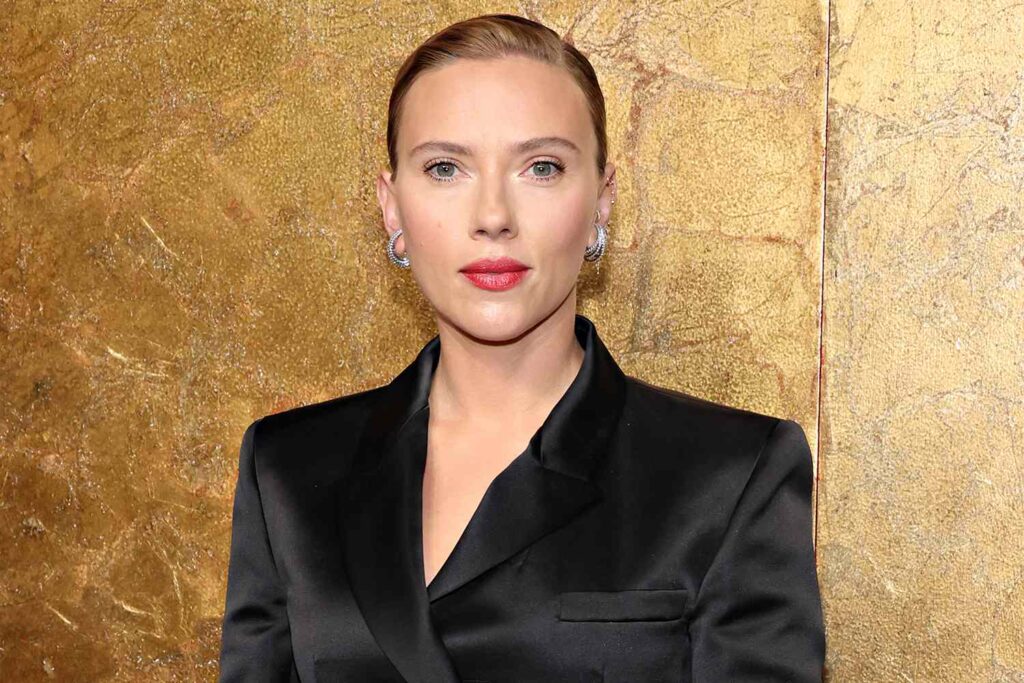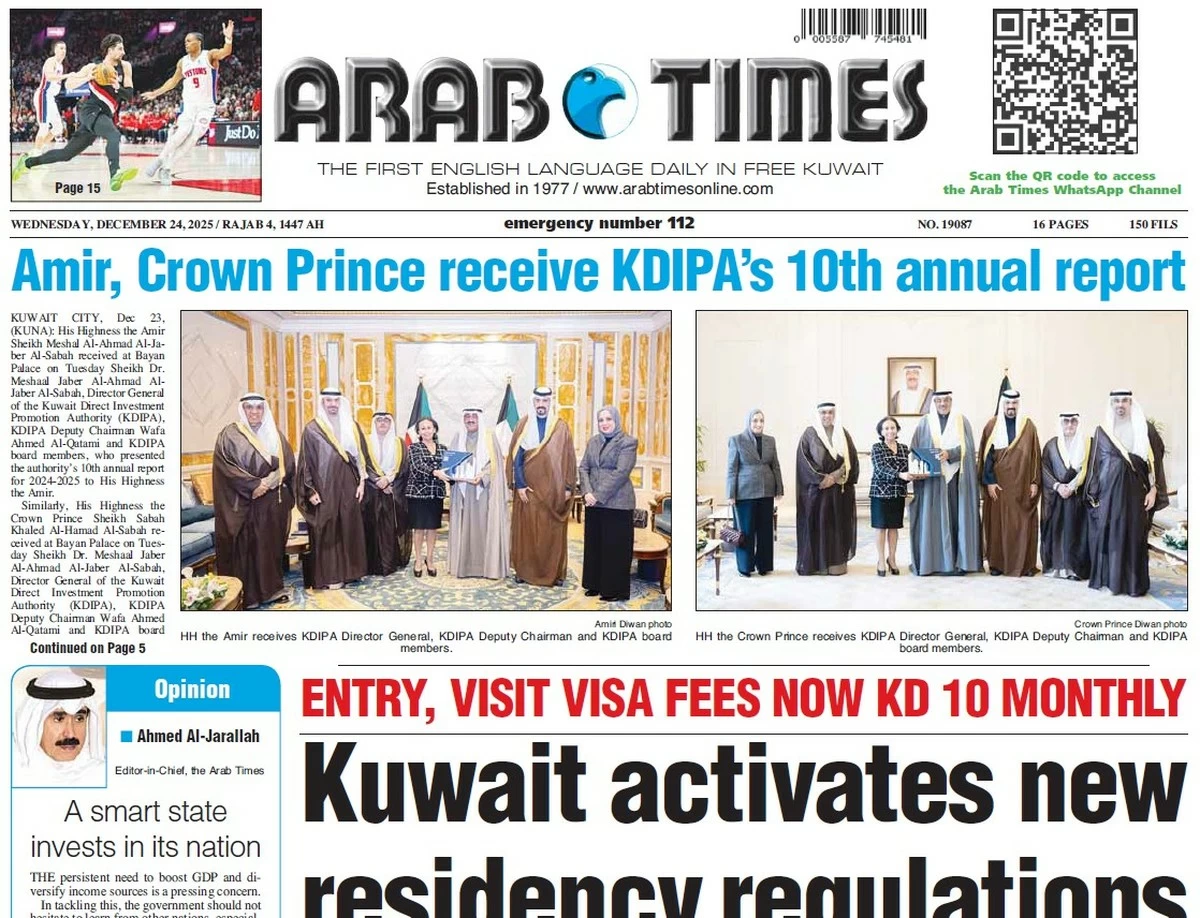21/05/2024
21/05/2024

LOS ANGELES, May 21: Hollywood actress Scarlett Johansson has expressed her shock and anger after OpenAI launched a chatbot with a voice strikingly similar to her own. The actress revealed that she had previously declined an offer from the company to voice its new chatbot, which is designed to read text aloud to users.
The controversy erupted when OpenAI introduced the new model, named Sky, last week. Observers quickly noted the chatbot's resemblance to Johansson's voice in the 2013 film Her, where she voiced an AI system named Samantha.
OpenAI responded on Monday, stating that it would remove the voice from the chatbot, asserting that it was not intended to be an "imitation" of Johansson. However, the actress accused the company and its founder, Sam Altman, of intentionally copying her voice. In a statement to the BBC, Johansson said, "When I heard the released demo, I was shocked, angered, and in disbelief that Mr. Altman would pursue a voice that sounded so eerily similar to mine."
Johansson highlighted a tweet from Altman that simply read "her," a clear reference to the film in which she voiced the AI system. The actress, who has received two Academy Award nominations, disclosed that Altman approached her in September to voice the new chatbot. He suggested that her voice would bridge the gap between tech companies and creatives, making consumers more comfortable with AI technology.
Despite initial interest, Johansson eventually turned down the offer for personal reasons. She further revealed that Altman contacted her agent two days before Sky's release, urging her to reconsider her decision.
In response to the chatbot's launch, Johansson said she had to hire lawyers and sent two legal letters to OpenAI to investigate how the voice was created. "In a time when we are all grappling with deepfakes and the protection of our likeness, our work, our own identities, I believe these are questions that deserve absolute clarity," she wrote.
OpenAI's Altman denied any deliberate imitation in a statement shared with the BBC. "The voice of Sky is not Scarlett Johansson's, and it was never intended to resemble hers," he said. "We cast the voice actor behind Sky’s voice before any outreach to Ms. Johansson. Out of respect for Ms. Johansson, we have paused using Sky’s voice in our products. We are sorry to Ms. Johansson that we didn’t communicate better.”
The company also posted on X (formerly Twitter) that it was "working to pause" the use of the voice while addressing the concerns raised. OpenAI explained in a blog post that the chatbot's five voices were sampled from voice actors it had partnered with.
This incident follows recent industrial action by actors over AI's potential to imitate their faces and voices without consent. Last year's strikes resulted in a deal that included assurances against the unauthorized use of AI to replicate actors' likenesses.
Dan Stein, head of AI voice licensing company Voice-Swap, commented on the situation, saying, "To use someone’s voice without permission feels particularly invasive at a time when distrust of AI and concern over its potential harms are rampant. Whether OpenAI trained their new Sky voice using audio from Scarlett Johansson or a sound-a-like, the fact remains that she refused permission, and her identity was exploited regardless. It sets a dangerous precedent for copyright and consent if the most prominent company in the field behaves in this way."
OpenAI is currently facing various legal challenges regarding its use of copyrighted materials. In December, the New York Times announced plans to sue the corporation over claims that it had used "millions" of articles to train its ChatGPT AI model. Additionally, authors George RR Martin and John Grisham have also planned legal action, alleging that their copyrighted works were used without permission to train the system.


